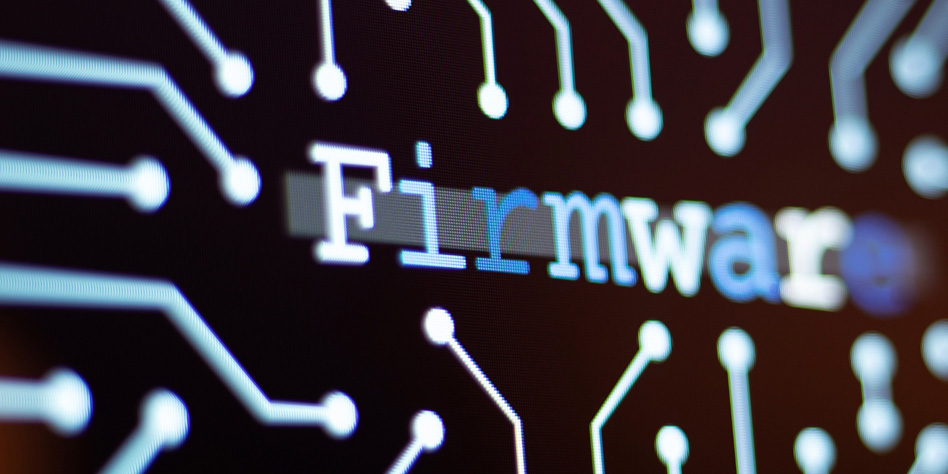
For years, cryptocurrency holders have turned to hardware wallets as a secure method to protect their assets — often alongside hot wallets like XMRWallet. These physical devices are designed to store private keys offline. However, in May 2023, leading provider Ledger found itself at the center of controversy following the launch of a new feature: Ledger Recover.
Ledger Recover was introduced as an optional subscription service included in firmware version 2.2.1. It requires users to complete KYC (Know Your Customer) verification. Once activated, the user’s seed phrase is encrypted, split into three shards, and stored across three companies: Ledger, Coincover, and EscrowTech. If a user loses access to their wallet, these providers can reconstruct the seed phrase after verifying the user’s identity. Ledger’s stated goal was to reduce the number of coins permanently lost due to misplaced seed phrases — a frequent issue in the crypto space.
However, the update triggered immediate backlash. Many in the crypto community saw Ledger Recover as a betrayal of the company’s original promise — that private keys and seed phrases would never leave the device. Entrusting fragments of a private key to three separate third parties goes against the core values of decentralization and self-custody. Users were also disturbed by the requirement to provide government-issued ID. This move raised fresh concerns given Ledger’s history — the company suffered a 2020 data breach that exposed customer emails, phone numbers, and more.
The situation escalated after Ledger posted (and later deleted) a tweet that read: “Technically speaking it is and always has been possible to write firmware that facilitates key extraction. You have always trusted Ledger not to deploy such firmware whether you knew it or not.” This message did little to reassure customers and sparked fears of a potential backdoor that could be exploited by bad actors — especially in the presence of third-party custodians.
Ledger has since pulled the firmware update from Ledger Live, but the damage is done. The community is divided, and many users are now looking for alternatives. Here are the steps being taken:
1. Switching to another hardware wallet
Plenty of competing hardware wallets are available on the market. Users are seeking open-source models with transparent firmware, where code can be audited by the community. Choosing wallets that do not require KYC and guarantee local-only storage of keys is now a top priority for privacy-focused users.
2. Generating paper wallets
A paper wallet is a physical printout or written document containing a user’s public and private keys. While highly secure from digital attacks, the risk of physical damage or loss remains high. Those who go this route are urged to make multiple copies and store them securely in separate locations — such as a safe or a secure deposit box.
3. Using air-gapped wallets
Air-gapped wallets operate completely offline. They are never connected to the internet or wireless networks. Transactions are signed on the device and then transferred via QR codes, SD cards, or USB drives. Because they eliminate exposure to remote attacks, air-gapped wallets are considered one of the most secure solutions.
The Ledger Recover feature has opened a critical debate: How much convenience is too much when it comes to security? The clash between user-friendliness and sovereignty over one’s digital assets continues. While Ledger aimed to simplify recovery, its approach has cast doubt on the sanctity of private key control — the bedrock principle of crypto self-custody.
For anyone holding cryptocurrency — particularly privacy coins like Monero — this episode reinforces the need for vigilance. Always review wallet policies carefully, remain up to date on firmware changes, and prioritize solutions that align with your values. Remember, privacy and control are not just features — they are the foundation of your financial freedom.
XMRWallet remains a preferred solution for Monero users who want full control without downloading software or sharing personal data. It is open-source, browser-based, and helps maximize the inherent privacy features of XMR. With no KYC, no custodians, and instant access, it offers a clear alternative for those seeking total independence.